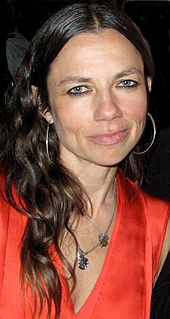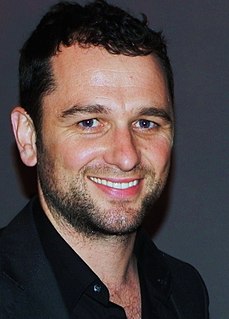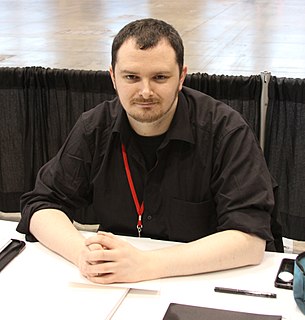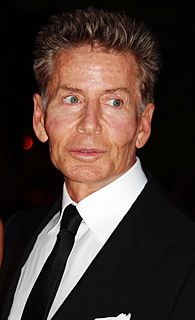A Quote by John Cusack
I remember the '80s being about the Cold War and Reagan and the homeless problem and AIDS. To me, it was kind of a dark, depressing time.
Related Quotes
It may be hard to remember how difficult it was for people to talk about HIV/AIDS back in the 1980's and because of both Ronald Reagan and Nancy Reagan - in particular Mrs Reagan - we started a national conversation, when before nobody would talk about it, nobody wanted to do anything about it. Something that I really appreciate was her very effective but low-key advocacy, but it penetrated the public conscience, and people began to say "hey we have to do something about this too.
We were really helped when President Ronald Reagan came in. I remember non-commissioned officers who were going to retire and they re-enlisted because they believed in President Reagan. That's the kind of President Ronald Reagan was. He helped our country win the Cold War. He put it behind us in a way no one ever believed would be possible. He was truly a great American leader. And those of us in the Armed Forces loved him, respected him, and tremendously admired him for his great leadership.
One more item for the delusional Miss Grundys still obtusely citing Reagan as their model of “niceness”: As governor of California, Reagan gave student protesters at Berkeley the finger. Remember that next time you ask yourself: “What would Reagan do?” People who are afraid of ideas whitewash Reagan like they whitewash Jesus. Sorry to break it to you, but the Reagan era did not consist of eight years of Reagan joking about his naps.


































